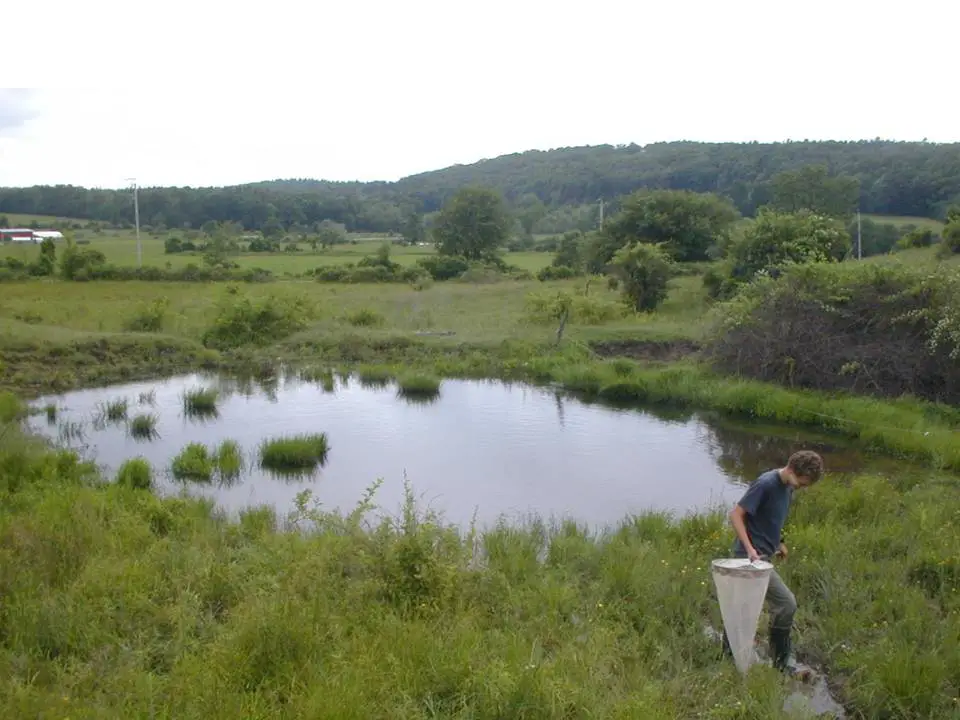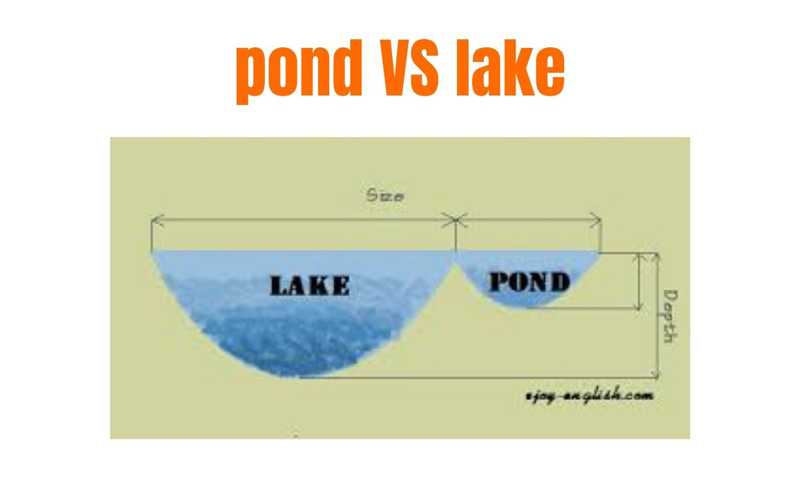Many people wonder whether ponds are natural or constructed by humans. Ponds can be both man-made and natural, depending on various factors and the purpose they serve. Let’s explore the world of ponds to understand more about their origin and existence.
Natural Ponds
Natural ponds are bodies of standing water that have formed without human intervention. They can be created by various natural processes, such as:
- Glacial activity
- Volcanic eruptions
- Depressions in the ground
- Streams or rivers changing course
These natural ponds are essential habitats for many plants and animals, providing water, shelter, and food sources. They play a crucial role in the ecosystem and are often considered valuable resources for biodiversity.

Credit: www.everything-ponds.com
Man-Made Ponds
Man-made ponds, on the other hand, are constructed by humans for various purposes, including:
- Ornamental purposes in gardens and parks
- Aquaculture and fish farming
- Irrigation for agriculture
- Stormwater management and flood control
These ponds are intentionally created by digging, damming, or excavating land to hold water. Man-made ponds can range in size from small backyard water features to large reservoirs used for commercial purposes.
Factors Determining Pond Origin
Several factors determine whether a pond is natural or man-made:
- Location: Ponds located in natural depressions or areas prone to flooding are more likely to be natural.
- Size: Smaller ponds are often man-made for decorative or functional purposes.
- Surroundings: Ponds surrounded by human structures or farmland are more likely to be man-made.
- History: Historical records or local knowledge can often reveal whether a pond was artificially created.
Benefits of Ponds
Whether natural or man-made, ponds offer numerous benefits to the environment and society:
- Wildlife habitat: Ponds support a diverse range of plants and animals, contributing to biodiversity.
- Water storage: Ponds can help recharge groundwater and provide water for irrigation during dry periods.
- Recreation: Man-made ponds in parks and gardens offer aesthetic beauty and recreational opportunities for people.
- Flood control: Ponds can help absorb excess water during heavy rainfall, reducing the risk of flooding.
- Aquaculture: Man-made ponds are essential for fish farming and aquaculture practices, providing a sustainable food source.

Credit: hvfarmscape.org
Conclusion
In conclusion, ponds can be both natural and man-made, each serving unique purposes and contributing to the environment in different ways. Whether formed by natural processes or human intervention, ponds play a vital role in ecosystems and provide various benefits to wildlife and society. Understanding the origin of ponds can help us appreciate the diversity and importance of these water bodies in our world.


